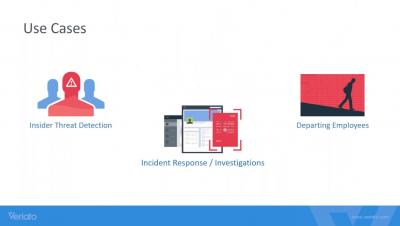From PowerShell to P0W3rH3LL - Auditing PowerShell
Imagine someone getting the seemingly innocent ability to run a couple of commands on a machine on your network WITHOUT installing any new software, but those commands resulting in a reverse shell running on that same machine – giving the intruder a convenient outpost in your network. Now stretch your imagination even further and pretend that all of this happens without leaving any unusual traces in logs – leaving you completely in the dark.










